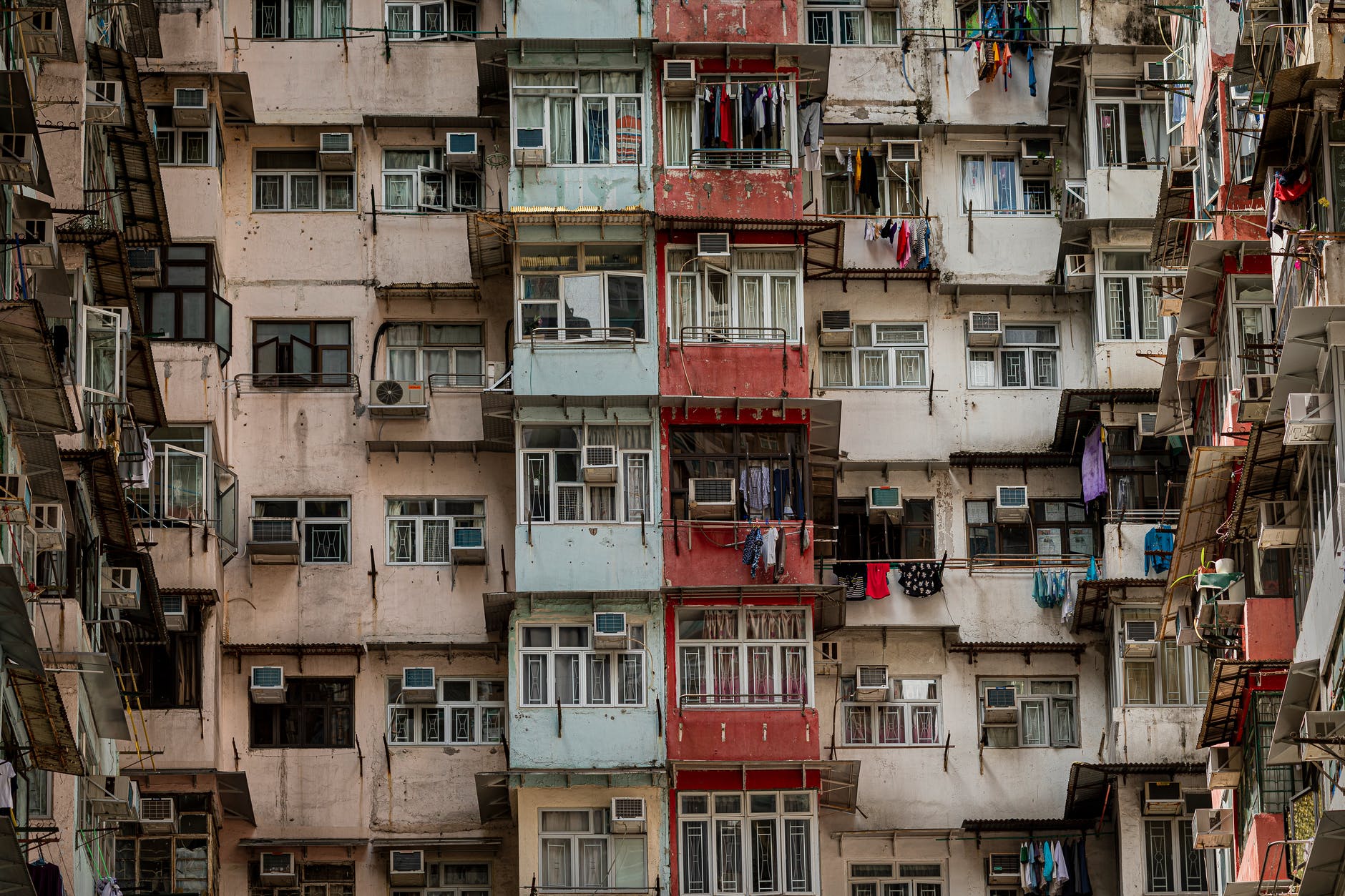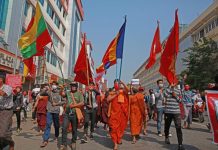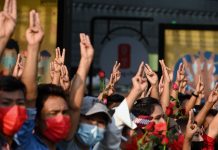
World leaders have started expressing their stance on the national security law in Hong Kong imposed by China. Some countries also extended assistance.
China approved a national security law for Hong Kong on Thursday. The National People’s Congress (NPC) voted 2,878 to 1 in favor of the bill.
NPC, China’s parliament, is officially paving the way for the finalization and implementation of a new national security law for Hong Kong after its approval. Only six abstained from the vote.
There are no definite details about the law yet. However, according to China, it will address secession, subversion of state power, terrorism activities and foreign interference. Beijing’s move bypasses Hong Kong’s legislature and may take a few months before it takes effect in the island.
Hong Kong leader Carrie Lam told the public that their rights and freedoms will still be intact. In a statement about China’s approval of the bill, she explained that the national security law “aims to prevent, curb and sanction an extremely small minority of criminals who threaten national security, safeguarding the prosperity and stability of Hong Kong and maintaining ‘One Country, Two Systems.’”
However, not all leaders agree with Lam.
US' reaction
US Secretary of State Mike Pompeo said that “China is modelling Hong Kong after itself.” This statement came after Beijing approved a national security law for Hong Kong.
On Wednesday, Pompeo told Congress that Hong Kong was no longer autonomous from China. The approval of the national security law for Hong Kong could damage the trade relationship of Hong Kong with the US.
“No reasonable person can assert today that Hong Kong maintains a high degree of autonomy from China, given facts on the ground,” Pompeo said in a statement.
“Hong Kong and its dynamic, enterprising, and free people have flourished for decades as a bastion of liberty, and this decision gives me no pleasure. But sound policy making requires a recognition of reality,” Pompeo said. “While the United States once hoped that free and prosperous Hong Kong would provide a model for authoritarian China, it is now clear that China is modeling Hong Kong after itself.”
US, UK, Australia, Canada
In a joint statement, the US, UK, Australia, and Canada said they have “deep concern” regarding the national security law imposed on Hong Kong.
“Hong Kong has flourished as a bastion of freedom. The international community has a significant and long-standing stake in Hong Kong’s prosperity and stability,” it said.
“Direct imposition of national security legislation on Hong Kong by the Beijing authorities, rather than through Hong Kong’s own institutions as provided for under Article 23 of the Basic Law, would curtail the Hong Kong people’s liberties.” The Basic Law is Hong Kong’s mini constitution.
The approval of the national security law will “dramatically erode Hong Kong’s autonomy and the system that made it so prosperous,” they noted.
According to the joint statement, the law “will exacerbate the existing deep divisions in Hong Kong society” and “does nothing to build mutual understanding and foster reconciliation within Hong Kong.”
“Rebuilding trust across Hong Kong society by allowing the people of Hong Kong to enjoy the rights and freedoms they were promised can be the only way back from the tensions and unrest that the territory has seen over the last year,” they added.
Meanwhile, a BBC report states that UK Foreign Secretary Dominic Raab said the country could provide “a path to citizenship” for British National passport holders in Hong Kong.
Germany
Germany’s Foreign Minister Heiko Mass emphasized that “Hong Kong’s autonomy must not be undermined." In his statement, he clarified that this was a stance shared by the European Union.
“The citizens of Hong Kong enjoy freedoms and rights, that are afforded to them through the Basic Law and on the principle ‘one country, two systems’. We expect that law and order to be upheld.”
“The principle ‘one country, two systems’ and law and order are the base for Hong Kong’s stability and prosperity. Even the security law must not question these principles,” he said.
“Freedom of speech and freedom of assembly as well as the democratic debate in Hong Kong have to be respected in the future.”
Taiwan
Taiwan pledges assistance to Hong Kongers who want to resettle after China imposed a national security law for Hong Kong.
“Taiwan’s commitment to caring for the people of Hong Kong will not change, no matter what adjustments we make to our system,” Taiwanese President Tsai Ing-wen said in her Tweet.
Japan
A statement from Japan’s foreign ministry stressed that “Japan is seriously concerned” about China’s move in Hong Kong.
“Hong Kong is an extremely important partner for Japan with which Japan maintains close economic ties and people-to-people exchanges,” the ministry said.
“It is the long-standing policy of Japan to attach great importance to upholding a free and open system which Hong Kong has been enjoying and the democratic and stable development of Hong Kong under the ‘One Country Two System’ framework.”






